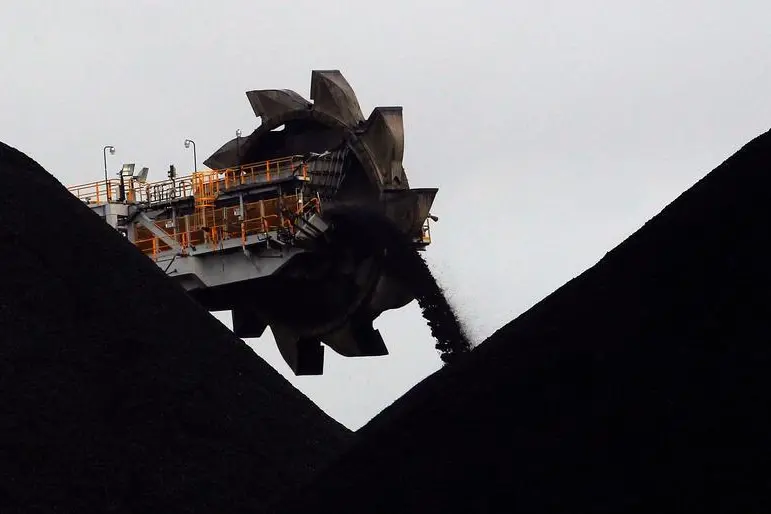PHOTO
MELBOURNE- Australia has scaled back its expectations for record export revenue from mining and energy in the 2019/20 financial year as trade tariffs chill global economic growth, the government said on Monday.
Australia forecast mining sector revenue at $282 billion, down $3 billion from its June forecast, but still ahead of a record $279 billion in 2018/19.
"The outlook for the world economy remains uncertain. Global cutbacks in manufacturing production are already flowing through into commodity markets and the outlook for world industrial production has deteriorated," Australia's Department of Industry said in its latest quarterly report.
"The signs are that a further modest slowdown is likely. The U.S.-China trade tensions have played a significant part in this world slowdown."
Resource and energy exports accounted for almost 60 per cent of Australia's total export earnings last financial year.
The country has reaped record revenues in recent years, with last year underpinned by higher iron ore and liquefied natural gas exports, stronger iron ore and gold prices, and a lower Australian dollar.
Iron ore is expected to be the top export earner in 2019/20 at A$81.5 billion ($55.1 billion), followed by coal at A$57.2 billion and liquefied natural gas at $52.1 billion.
Revenue from exports of gold, popular in times of economic uncertainty, are expected to surge by a third to A$25 billion.
Higher commodity prices have encouraged local mining companies to increase their annual spend on investment for the first time in six years, looking to replace ageing plant and equipment and expand their fleets, the report said.
Miners are expected to raise capital expenditure by about 14 per cent in 2019/20, to just over $38 billion.
However, the report said Australia is particularly vulnerable to a slowdown in global economic growth, with China unlikely to stimulate its property sector - a major steel consumer - for fear of oversupply.
Export earnings are expected to fall to $258 billion in 2020/21 due to a rising exchange rate, slowing industrial production, and the steady return of Brazilian iron ore production after supply disruptions.
($1 = 1.4789 Australian dollars)
(Reporting by Melanie Burton; editing by Richard Pullin) ((melanie.burton@thomsonreuters.com Twitter: @MelanieMetals; +613 9286 1421; Reuters Messaging: melanie.burton.thomsonreuters.com@reuters.net))





















